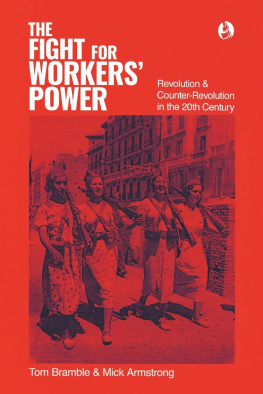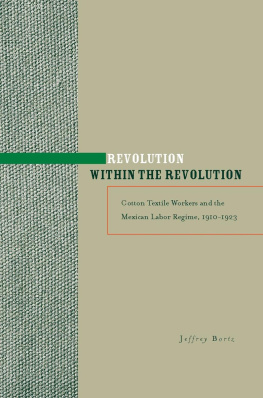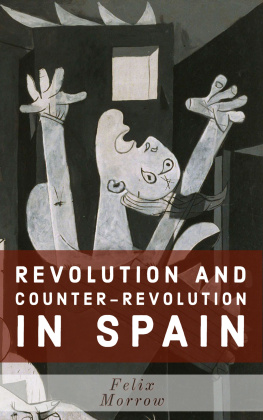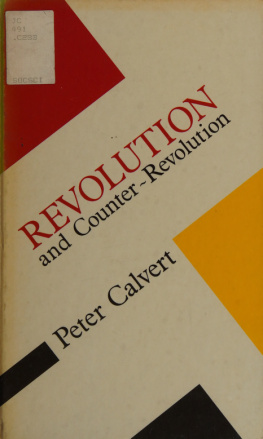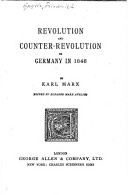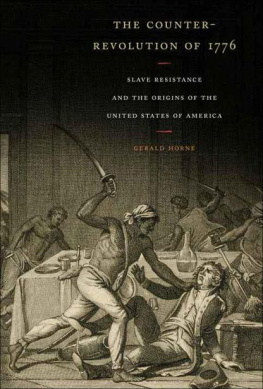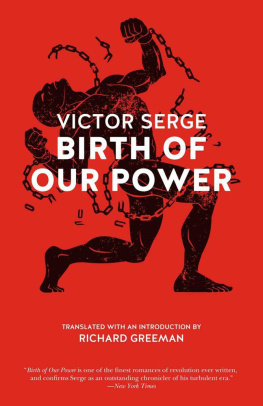Interventions is produced on the land of the Wurundjeri people of the Kulin Nation. We acknowledge the Traditional Owners of country throughout Australia and recognise their continuing connection to land, waters and culture. We pay our respects to their Elders past, present and emerging. Their land was stolen, never ceded. It always was and always will be Aboriginal land.
This work combines a remarkable number of features. It is vast in scope but judiciously focusses on key moments of workers struggle between 1917 and 1956. Full of fascinating information and detail, it is never a detached academic history but is a guide to activists today, both in terms of theory and practice. By focussing on workers self-activity, in combination with Marxist theory, the authors steer clear of the traps of Stalinism and reformism, remaining true to the essence of revolutionary socialism. In the midst of all that, they still manage to present debates around important political questions. This book should be of interest to readers worldwide, though the three chapters on Australia will give it special value there.
Donny Gluckstein
Lecturer in history in Edinburgh, member Socialist Workers' Party (UK); author of A Peoples History of the Second World War (Pluto Press 2012) and The Nazis, Capitalism and the Working Class (Haymarket 2012).
We are seeing a global revival of interest in socialism. Like their predecessors, this generation of socialists will try to draw lessons from the history of the struggle against capitalism. The Fight for Workers Power is an invaluable resource for the education of socialists today.
Charlie Post
Member of the editorial board of Spectre: A Marxist Journal and Tempest, a US-based revolutionary socialist collective.
These stories of past revolutions are not only exciting and inspiring. They also point the way to successful socialist revolution in our time.
Rick Kuhn
Australian Marxist scholar, activist and Deutscher Prize winner.
Tom Bramble has written extensively on the politics of the workers' movement in Australia and internationally. His books include Introducing Marxism: A Theory of Social Change (2015) and Trade Unionism in Australia: A History from Flood to Ebb Tide (2008). He is a founder member of Socialist Alternative and a life member of the Australian university staff union. Tom has been active in a wide range of social and political movements in Britain and Australia since the 1970s.
Mick Armstrong has been a socialist, political activist and organiser in Australia since the early 1970s. He writes regularly for the Marxist Left Review and Red Flag newspaper and has authored a range of books and pamphlets, including From Little Things Big Things Grow: Strategies for Building Revolutionary Socialist Organisations (2007). Mick is a founder member of Socialist Alternative.

First published 2021 by Interventions Inc
Interventions is a not-for-profit, independent, radical book publisher. For further information:
www.interventions.org.au
PO Box 24132
Melbourne VIC 3001
Cover design after a photo of Republican women fighters, Spanish Civil War. Photographer unknown (Gerda Taro?).
Cover design by Lachlan Stewart.
Interior design and layout by Viktoria Ivanova.
Authors: Tom Bramble and Mick Armstrong
Title: The Fight for Workers Power: Revolution and Counter-Revolution in the 20th Century
ISBN: 978-0-6487603-5-1: Paperback
ISBN: 978-0-6487603-6-8: (e book)
Tom Bramble and Mick Armstrong 2021
The moral rights of the authors have been asserted.
All rights reserved. Except as permitted under the Australian Copyright Act 1968 (for example, a fair dealing for the purposes of study, research, criticism or review), no part of this book may be reproduced, stored in a retrieval system, communicated or transmitted in any form or by any means without prior written permission.
All inquiries should be made to the author.
CONTENTS
ACKNOWLEDGEMENTS
Particular thanks to Eleanor Morley and Jordan Humphreys, who read drafts of the whole book and gave invaluable advice. Thanks also to the following, who made helpful suggestions on chapters: Gregor Benton, Andrew Bonnell, Llanon Davis, Phil Deery, Charlie Fox, Sarah Garnham, Joel Geier, Duncan Hart, Charlie Hore, Lian Jenvey, Phoebe Kelloway, Rick Kuhn, Dimitra Kyrillou, Sean Larson, Panos Petrou, Charlie Post, Darren Roso, Luca Tavan and Alexis Vassiley. While most of our readers would support the general line of argument in this book, none bears responsibility for interpretations with which they may not agree or for any errors that may remain.
We would also like to express our appreciation to the team at Interventions: Janey Stone (editor) and Viktoria Ivanova and Lachlan Harris (designers).
INTRODUCTION
The 20th century saw the exploited and oppressed repeatedly rise up against the brutality of the capitalist system. This book recounts some of the key moments in this history of class struggle. It starts with the 1917 Russian Revolution, which inspired millions of working class militants and anti-imperialists to rise up and fight for power. It ends with the magnificent 1956 uprising against Stalinism by the workers of Hungary.
As the masses revolted against their rulers, they turned conventional politics upside down. Leon Trotsky explained in the preface to his classic account of the Russian Revolution:
The most indubitable feature of a revolution is the direct interference of the masses in historical events. In ordinary times the state, be it monarchical or democratic, elevates itself above the nation, and history is made by specialists in that line of business kings, ministers, bureaucrats, parliamentarians, journalists. But at those crucial moments when the old order becomes no longer endurable to the masses, they break over the barriers excluding them from the political arena, sweep aside their traditional representatives, and create by their own interference the initial groundwork for a new regime... The history of revolution is for us first of all a history of the forcible entrance of the masses into the realm of rulership over their own destiny.
Revolutions do not consist of a conspiratorial elite seizing power behind the backs of the masses or a palace coup where one ruler replaces another. They are occasions when workers and the oppressed who have been denied any control over their lives, and who live in fear of unemployment and all its attendant miseries, stand up to assert their basic humanity. As they do so, they subvert everything that is normal and proper, all those conventions that constitute and reinforce ruling class power. Workers begin to establish their authority and their power, acting in ways that prioritise the needs of humanity, not the interests of the rich.
This is why, time and again, workers form workers councils, or soviets, to use the Russian term. They do so not because they have read Marxist texts or been instructed by revolutionary agitators but because the demands of the class struggle impel them to. Workers need to organise their struggles. They need to provide for the essentials of life once the bosses start to sabotage production, and they need to defend themselves from ruling class violence. This book illustrates the phenomenon of workers councils, appearing everywhere from St Petersburg and Berlin to Turin, Shanghai, Barcelona and Budapest.



